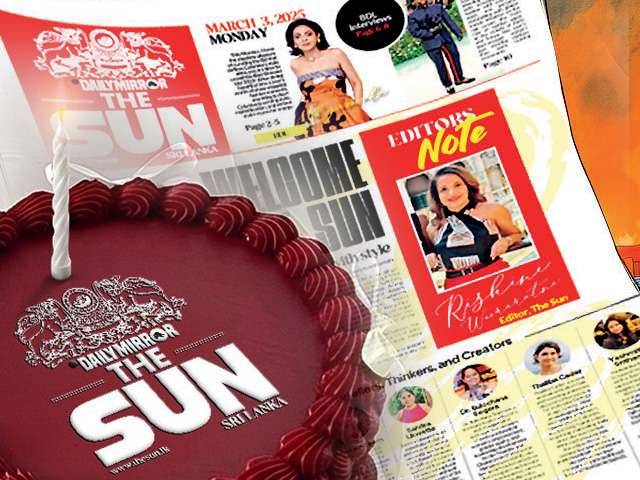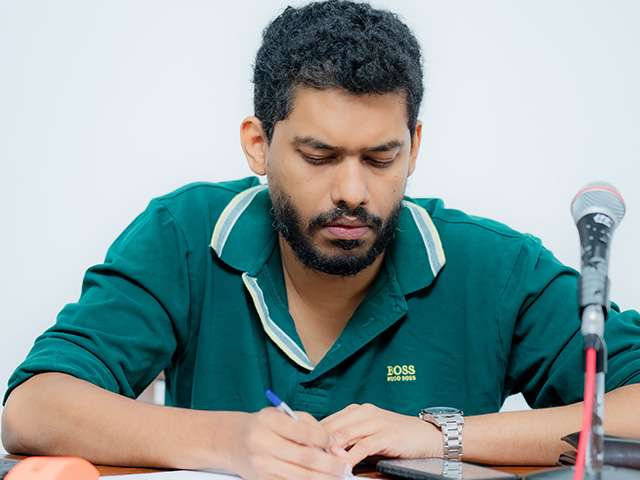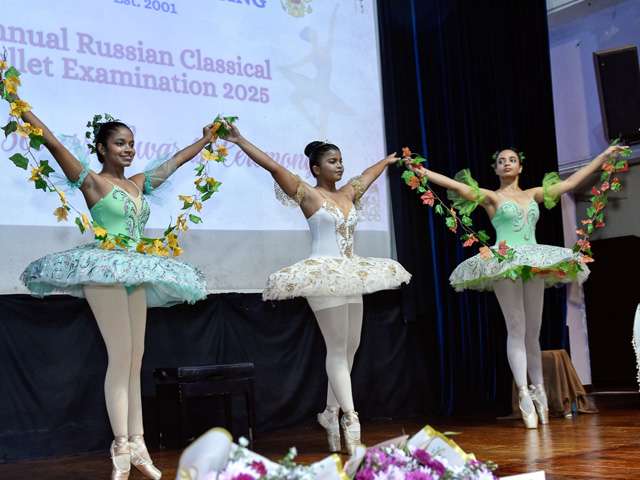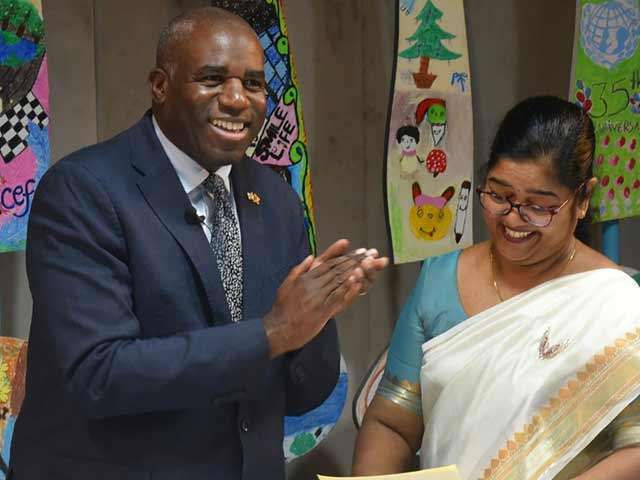The Diplomat Season 3 Review: Power, Paranoia and the Price of Ambition
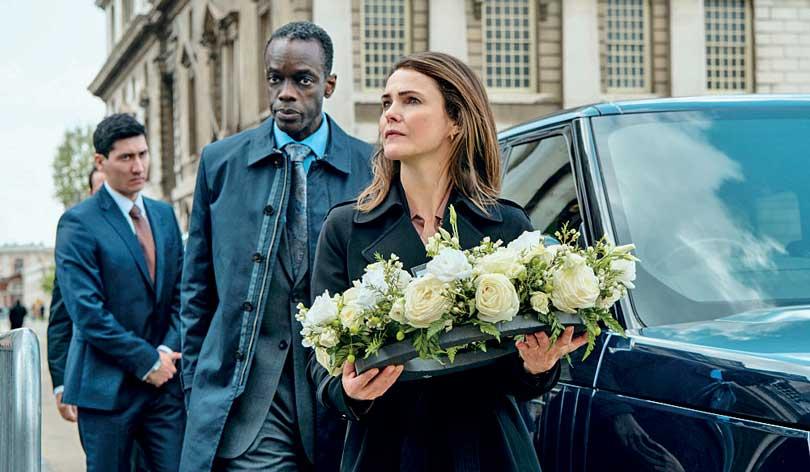
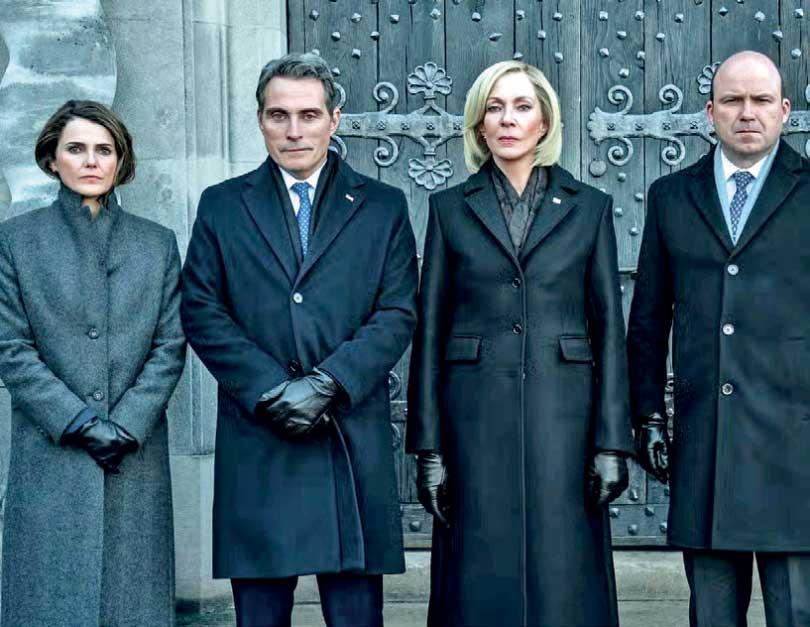
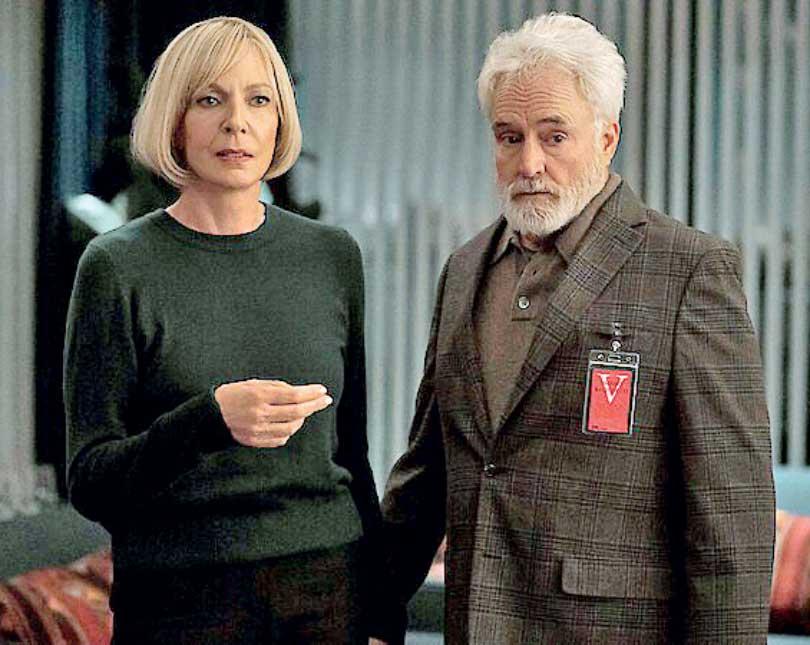
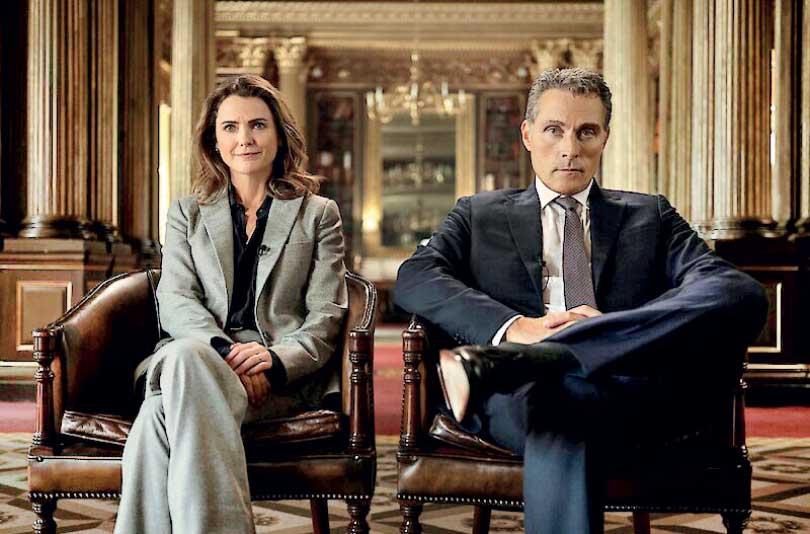
Season 3 of The Diplomat opens with the kind of political intensity and emotional complexity that has made the series one of Netflix’s most compelling dramas. After the explosive events of the previous season, this new chapter throws Ambassador Kate Wyler (Keri Russell) into the most treacherous phase of her career yet. The story expands beyond London’s corridors of diplomacy to Washington’s inner sanctums of power, forcing Kate to navigate not only international crises but also the perilous politics of her own government. From its first episode, it’s clear that The Diplomat has evolved. The writing feels sharper, the stakes higher, and the performances richer. What began as a series about a foreign service officer balancing diplomacy and marriage has grown into a sprawling political epic. Yet, at its heart, this remains a story about power; how it’s pursued, shared, and abused.
A New World Order
The third season begins in the wake of President Rayburn’s death and the surprising rise of Vice President Grace Penn (Allison Janney) to the presidency. Her elevation immediately changes the tone of the White House, setting up a fascinating clash between her brand of pragmatic ruthlessness and Kate Wyler’s idealistic, if weary, sense of duty. Kate, still the U.S. Ambassador to the United Kingdom, now finds herself pulled into the highest levels of American politics. Her new mission is as much about survival as service. What she once viewed as diplomatic nuance has become a blood sport. The game has changed and so has she. Allison Janney’s arrival injects a surge of new energy into the show. Her portrayal of President Penn is masterful controlled, calculating, yet unpredictably human. She commands every scene with the same effortless gravitas that made her an icon in The West Wing. Watching her and Keri Russell spar is a masterclass in political drama.
The Return of the Wylers
At the emotional centre of The Diplomat remains Kate and her estranged husband, Hal Wyler (Rufus Sewell). Their dynamic continues to be one of television’s most fascinating marriages, a mix of affection, rivalry, and intellectual combat. This season deepens that tension. Hal’s charm is still as disarming as ever, but his motives are harder to read. The series continues to explore how personal relationships can both sustain and sabotage a life in public service. Kate and Hal’s exchanges, filled with sharp wit and barely restrained resentment, are some of the show’s best writing. Even when they’re on opposite sides of an issue, there’s an unspoken tenderness that keeps pulling them back into orbit.
Power, Politics, and Paranoia
If Seasons 1 and 2 flirted with the chaos of geopolitics, Season 3 dives headfirst into it. The show’s universe now stretches across Washington, London, and the NATO command centres of Europe. Cyberattacks, secret alliances, and the ever-present spectre of war give the series a sense of realism that feels timely and unnervingly close to home.
Showrunner Debora Cahn has called this season “the moment when Kate finally gets what she thought she wanted.” That statement becomes the emotional spine of the entire arc. Kate’s ascent in influence comes with consequences; both moral and personal. She learns that in politics, every victory carries a cost. The writing smartly avoids turning diplomacy into a dry procedural. The dialogue crackles with irony and intelligence. One minute, characters are debating the ethics of intervention; the next, they’re making biting jokes about press leaks or protocol dinners gone wrong. The tone walks a fine line between tension and satire, capturing the absurdity of modern governance without diminishing its gravity.
A Stellar Ensemble
Keri Russell remains the heartbeat of the series. Her portrayal of Kate Wyler is a study in contained chaos, a woman who must project calm while everything around her falls apart. Russell brings a rare blend of intelligence and emotional depth to the role. She makes every moral compromise, every weary sigh, feel earned. Allison Janney’s addition is perhaps the show’s smartest casting move yet. As Grace Penn, she embodies the contradictions of leadership: charisma laced with ruthlessness, compassion tempered by strategy. Her relationship with Kate oscillates between mentorship and manipulation, blurring the line between ally and adversary. Bradley Whitford also joins the cast as Todd Penn, the president’s husband, in what feels like a clever West Wing reunion. His presence adds layers of intrigue and domestic tension, offering a glimpse into how even the most powerful households are fragile behind closed doors. Supporting performances from David Gyasi, Ali Ahn, and Ato Essandoh continue to impress. Each actor grounds the larger political drama in moments of human vulnerability, ensuring the series never loses its emotional core.
Strengths and Shortcomings
One of the greatest strengths of The Diplomat has always been its balance between the personal and the political. Season 3 continues that tradition, though at times the balance wavers. When it works, it’s riveting television; when it falters, it feels like two shows running in parallel. The pacing is brisk for the first half of the season, with tightly wound episodes that end on cliffhangers. But around episode seven, the momentum dips slightly as the show prepares for its finale. Some plot threads, particularly around secondary characters, feel underdeveloped or left hanging. Still, the high points far outweigh the flaws. The writing remains razor-sharp, the production values cinematic, and the atmosphere consistently tense. The political intrigue feels more expansive than ever, with international stakes that give every decision weight.
Themes that Resonate
Season 3 reinforces the show’s recurring themes: the price of ambition, the fragility of alliances, and the moral cost of leadership. Kate’s evolution embodies these ideas perfectly. She begins as a principled diplomat, ends as a power player, and somewhere in between, loses a part of herself. The show also delves into the role of women in global politics without turning that message into a sermon. Watching two women, Kate and Grace, navigate a world built by men is compelling precisely because it’s not treated as exceptional. It’s simply real. Their battles are strategic, their decisions pragmatic, their victories compromised.
Another underlying theme is truth versus perception. Diplomacy, after all, is theatre. Every press conference, handshake, and closed-door meeting is a performance. The season reminds viewers that what the world sees is never the whole story, and that sometimes, illusion is a survival strategy.
Visuals and Tone
Visually, The Diplomat continues to impress. The cinematography captures the grandeur of global power hubs while emphasizing the isolation of those who inhabit them. From the stately offices of Whitehall to the sterile halls of the White House, every frame feels both majestic and suffocating. The music and pacing heighten the tension without overwhelming it. The show understands the power of silence, of pauses that say more than dialogue ever could. This subtlety keeps it grounded, even when the plot borders on the implausible.
The Verdict
Season 3 of The Diplomat is both thrilling and thoughtful; a rare blend of intelligence and entertainment. It might not always play by the rules of realism, but it never stops being fascinating. The performances are uniformly strong, the writing is confident, and the direction sleek and purposeful. For fans of political dramas like House of Cards, The West Wing, or Homeland, this series continues to stand apart. It’s less cynical than House of Cards, less idealistic than The West Wing, and far more emotionally nuanced than Homeland. It occupies its own space; a smart, female-led political thriller with a pulse. If there’s a flaw, it’s that the show occasionally tries to do too much. The global scale sometimes overshadows the intimacy that made Season 1 so addictive. But even when the storytelling becomes messy, the emotion remains sincere.
By the time the credits roll on the season finale, one thing is clear: The Diplomat has matured into one of Netflix’s most sophisticated dramas. It’s a series that trusts its audience to keep up, to think critically, and to care deeply about the moral complexities it presents. Keri Russell’s Kate Wyler stands as one of television’s most compelling modern heroines; brilliant, flawed, ambitious, and achingly human. Allison Janney’s Grace Penn is the perfect counterbalance, a mirror reflecting both the promise and peril of leadership. Season 3 may stretch believability at times, but it never loses its emotional truth. It’s a gripping exploration of how power changes people, how ambition isolates them, and how, even in the world’s most powerful rooms, every decision comes down to a human heart trying to do the right thing. In a landscape crowded with thrillers and procedurals, The Diplomat remains something rarer, a drama that remembers diplomacy is not about shouting the loudest, but about knowing when to stay silent. Season 3 cements its place as one of Netflix’s standout achievements of 2025.
Verdict: 4.5 out of 5 - Smart, stylish, and unflinchingly relevant.
Now streaming on Netflix worldwide.

